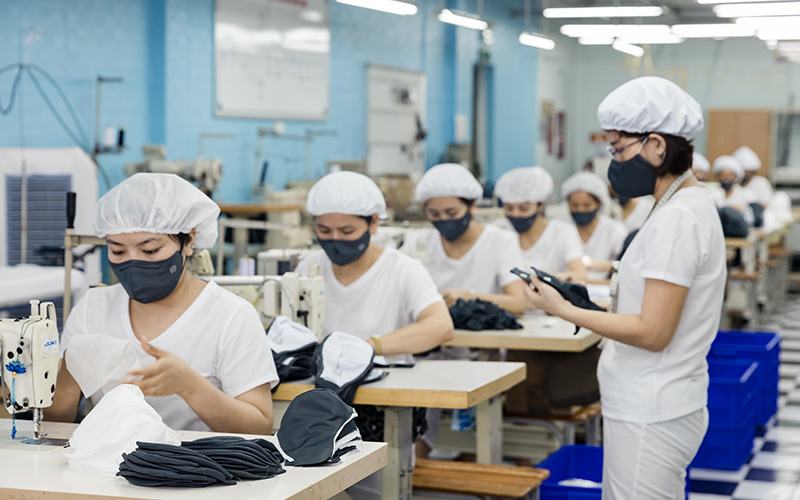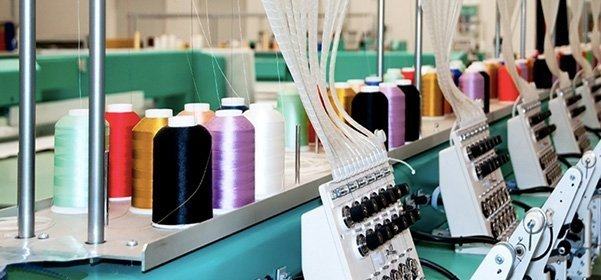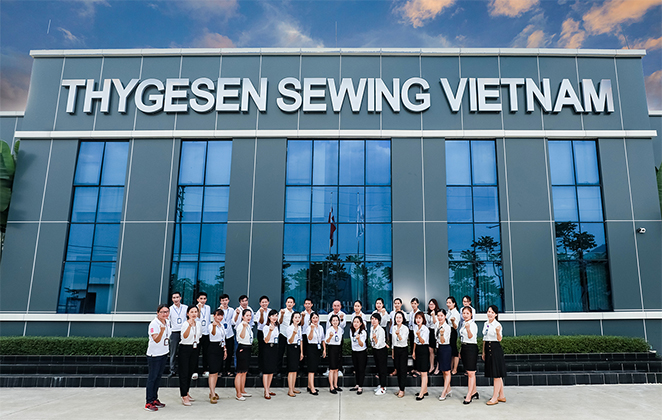
Our purpose is to provide you with innovative solutions that meet your expectations regarding quality, transparency, and ethical/environmental responsibility. We translate this purpose into action and are proud of holding internationally prestigious certificates as our high commitment to comply with local and international labor laws and quality standards.
The benefits of textile certifications with clothing manufacturers
The textile certification standard is a measure to help evaluate the quality of today’s clothing brands. Users are fully assured of the safety status when put into production. Thereby standards are maintained and improved. The ability to reach customers is gradually increasing day by day. Therefore, a manufacturer of goods to other countries markets must guarantee global textile standards.
Some benefits of meeting textile industry standards
- Instill customer’s confidence and trust in products
- Help protect the environment, sustainable fashion trends
- Verify safe input material quality
- Test the chemicals in the fabric, protect the skin, and are not harmful to humans


The most important certifications for the garment industry
ISO 9001:2015
One of the most widely used quality management systems created by the largest standards organization in the world, the International Organization for Standardization.
For a manufacturer to receive this certification it must demonstrate its ability to consistently produce products that meet customer and regulatory requirements, in addition to an assurance of applying the outlined quality management system in its operations.
SA8000
Designed to protect human rights in the workplace through social accountability. This certification enables manufacturers to demonstrate their compliance. Although this is not a consumer-facing label, it is an ideal standard for buyers to look for in apparel and textile manufacturing.
Organizations with an SA8000 certification are audited to encourage them to develop, maintain, and apply socially acceptable practices in the workplace.
Fair Trade
Created by the World Fair Trade Organisation, this certifiable standard is dedicated to providing farmers and workers in developing countries with higher wages and improved working conditions.
For organisations to meet these standards they must demonstrate their willingness to apply fair trade practices across the entire supply chain, not only in their purchasing.
Standard 100 (OEKO-TEX)
The OEKO-TEX® tests for harmful substances that are based on the purpose of the textiles and materials. The more intensive the skin contact of a product and the more sensitive the skin, the stricter the human-ecological requirements that need to be complied with.
The STANDARD 100 by OEKO-TEX® is a worldwide consistent, independent testing and certification system for raw, semi-finished, and finished textile products at all processing levels. It also includes accessory materials.
Global Organic Textile Standard (GOTS)
GOTS is known for being the world’s most predominant processing standard for testing and verifying organic materials, and is most commonly used with organic cotton. This certification provides a consumer label as well.
FLOCERT
FLOCERT is a global certification and verification body for Fair Trade products and assures fairness across global supply chains. In addition to certifying ethical standards for businesses, FLOCERT often gets involved in the process of making businesses more sustainable. If you are a company that wants to be more sustainable but not sure of the right steps to take, you can look to FLOCERT to make recommendations and help design a sustainability plan for your business.
Worldwide Responsible Apparel Production (WRAP)
WRAP is an independent, objective, non-profit team of global social compliance experts dedicated to promoting safe, lawful, humane and ethical manufacturing around the world through certification and education. WRAP implements the following 12 principles; compliance with local laws, prohibition of forced labour, prohibition of child labour, prohibition of harassment or abuse, compensation and benefits, hours of work, health and safety, prohibition of discrimination, freedom of association, environment, security, and customs compliance.
Fair Wear Foundation (FWF)
Fair Wear Foundation works with brands, factories, trade unions, NGOs and governments to verify and improve workplace conditions. FWF represents over 120 brands, bringing together the key components needed to make a sustainable improvement to workplace conditions.
Brands should check if their manufacturers are certified by FWF if they prioritise having safe working conditions where their products are made.
BlueSign
Bluesign is a certification for the textile industry focusing on legal compliance in relation to environmental health and safety. The certification standard combines aspects of consumer safety, water and air emissions and occupational health, with a particular focus on the reduction of harmful substance usage at early stages of production.
Brands who want their textile products to be sustainably made while also meeting stringent consumer safety requirements should strongly consider working with manufacturers certified by BlueSign.
Thygesen Viet Nam – “Your Safety is Our Priority”



Thygesen garment factory is always aware of its mission, goals, responsibilities, and core values in guiding its development. Therefore, it is committed that before publishing, the product will be through rigorous quality control stages to provide consumers with quality products at the lowest possible price. Hence, we are confident to be the leading manufacturing garment in Asia, and strive to be the best garment manufacturing factory in the world.
Our purpose is to provide you with innovative solutions that meet your expectations regarding quality, transparency, and ethical/environmental responsibility. We translate this purpose into action and are proud of holding internationally prestigious certificates as our high commitment to comply with local and international labor laws and quality standards.
Our team could help customers simplify their kidswear manufacturing process by covering everything, from concept development, sourcing, and sampling to finished products. With a high standard of achievement, we value top quality and will ensure that you receive what you need to fit your business needs.

We set up our factories under ISO 9001:2015 standard and have in-line QCs to detect every issue, problem and mistake right away in the underwear manufacturing process.

Thygesen knows that our clients care enough about product safety. To give you that assurance, our products, which are manufactured under sustainable working conditions, proudly wear the STANDARD 100 by OEKO-TEX® label.

Our ambition is to become an ethical and sustainable activewear manufacturer certified with WRAP and SA8000. We follow strict requirements from international standards like ISO, CE Certificate, OEKO-Tex, etc.
Moreover, we hold GSV, ISO13485:2016 and CE Marketing certificates to demonstrate our high commitment to complying with quality standards and social responsibility. We also joined the Better Work program, which brings together all levels of the garment industry to improve working conditions and respect for labor rights for workers. Furthermore, we offer a wide range of recycled and eco-friendly products. In addition, our factory’s LEAN production process is highly efficient, minimizing the use of chemicals, energy, and waste at any stage.
FAQs
Who needs to be certified?
What is the certification process?
How to decide which standard to use?
• Investigate which certifications could add the greatest promotional exposure and credibility to your brand. Which will be most familiar to your customers and are already recognised within your market sector?
• Compare indicative costs of some of the key certifications
• Check out our list of over 100 programs, certification schemes, tools and organisations that can help you in your fashion sustainability journey.

